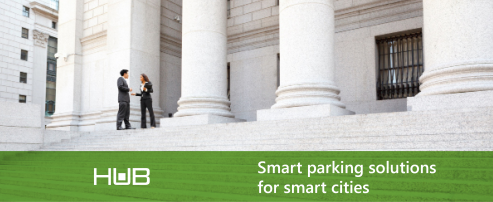Municipalities and city governments face the challenge of transitioning their mobility and infrastructure services towards a better and more sustainable experience for citizens.
Mobility is becoming less silo-ed and more interconnected than ever. Let’s see what city planners and transportation experts should consider, to facilitate city mobility:
- transport apps, and other services that make parking more convenient for customers
- adaptable physical space to operate, which is an increasingly scarce resource in densifying cities. According to Deloitte, approximately 66% of the world’s population will be living in urban environments by 2050, and they will all need to move around as they prefer.
- last mile mobility carefully schemed out. City commuters are more and more likely to plan their journey ahead, by plotting out different forms of transit, for each step.
- optimization of the occupancy and rotation index of their actual parking space
 Cities will want to create development patterns and seek for more synergy between the on-street parking, the off-street offering, and transport services. To piece it all together, and achieve successful parking operations, cities will need to choose those technology providers and parking management systems who can adapt to mobility mind-set changes and contribute to the development of smart cities.
Cities will want to create development patterns and seek for more synergy between the on-street parking, the off-street offering, and transport services. To piece it all together, and achieve successful parking operations, cities will need to choose those technology providers and parking management systems who can adapt to mobility mind-set changes and contribute to the development of smart cities.
Here’s a suggestion: us at HUB Parking Technology!
Over 70 Municipalities across the globe have adopted HUB’s solutions to provide a seamless parking experience to both commuters and local drivers.
Contact us to take full control of multi-parking sites with centralized operations, collect real-time data, and allow a responsive and satisfactory customer service >> hubparking.com/contact-us/


 Cities will want to create development patterns and seek for more synergy between the on-street parking, the off-street offering, and transport services. To piece it all together, and achieve successful parking operations, cities will need to choose those technology providers and parking management systems who can adapt to mobility mind-set changes and contribute to the development of smart cities.
Cities will want to create development patterns and seek for more synergy between the on-street parking, the off-street offering, and transport services. To piece it all together, and achieve successful parking operations, cities will need to choose those technology providers and parking management systems who can adapt to mobility mind-set changes and contribute to the development of smart cities.